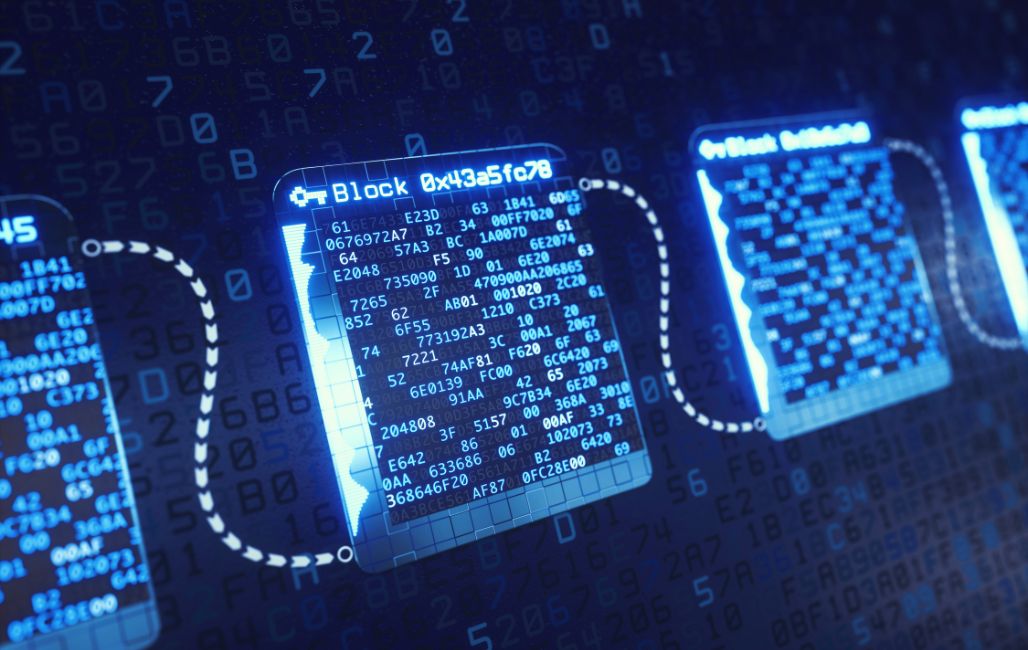
Top 7 Ways of How Blockchain Can Help Medical Industry
Blockchain technology has the potential to revolutionize the medical sector by improving data security, streamlining processes, and enabling more efficient and effective healthcare. Here are some examples of how blockchain can help the medical industry:
- Streamlined clinical trials: Clinical trials are a critical part of the medical research process, but they can be complex and time-consuming. Blockchain technology can help to streamline clinical trials by enabling secure and transparent data sharing and record-keeping.
- Improved supply chain management: The medical supply chain is complex and involves many different parties, including manufacturers, distributors, and healthcare providers. Blockchain technology can help to improve the efficiency and transparency of the supply chain by enabling real-time tracking and verification of medical products.
- Increased patient engagement: Blockchain technology can also be used to enable patients to take a more active role in their own healthcare. For example, patients could use blockchain-based apps to access their medical records, schedule appointments, and track their health data.
- Secure health data: Blockchain technology allows for the creation of secure and immutable databases for storing health data. This means that medical records and other sensitive information can be protected from unauthorized access and tampering.
- Improved privacy: With blockchain, patients have complete control over who has access to their health data. They can choose to share their information with specific individuals or organizations, allowing for greater privacy and control over their personal health information.
- More efficient data sharing: Blockchain can make it easier for different healthcare providers to share data with each other. This can improve the coordination of care and allow for more informed treatment decisions.
- Enhanced supply chain management: Blockchain can be used to track the movement of medical supplies and medications throughout the supply chain, ensuring that they are properly stored, transported, and administered.
Overall, the use of blockchain technology in the medical sector has the potential to improve data security, streamline processes, and enable more efficient and effective healthcare.
This content was originally published here.


